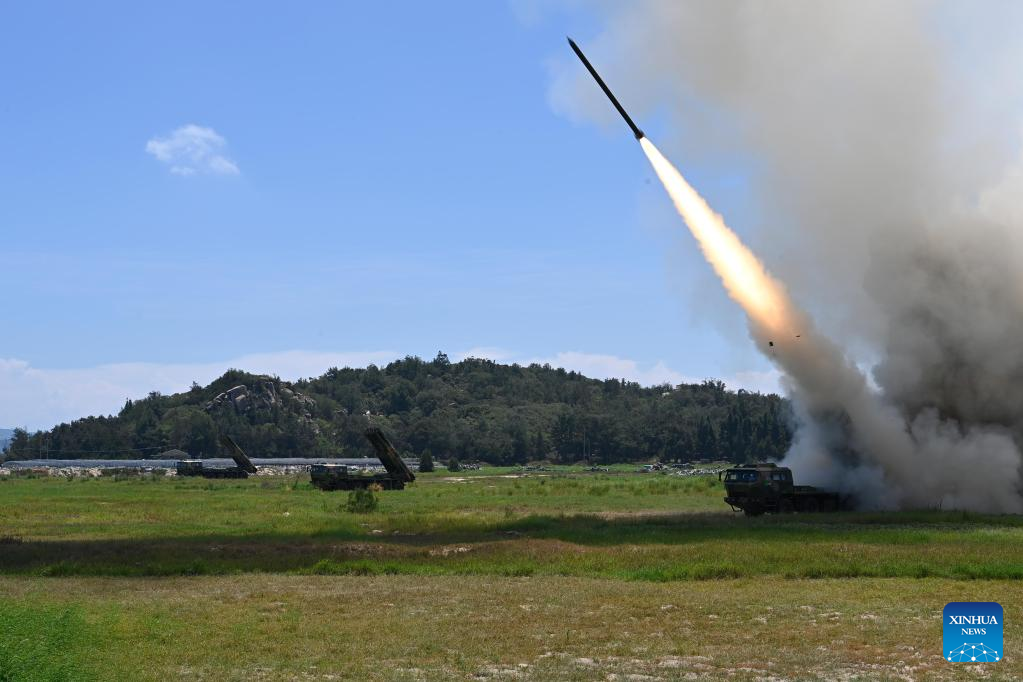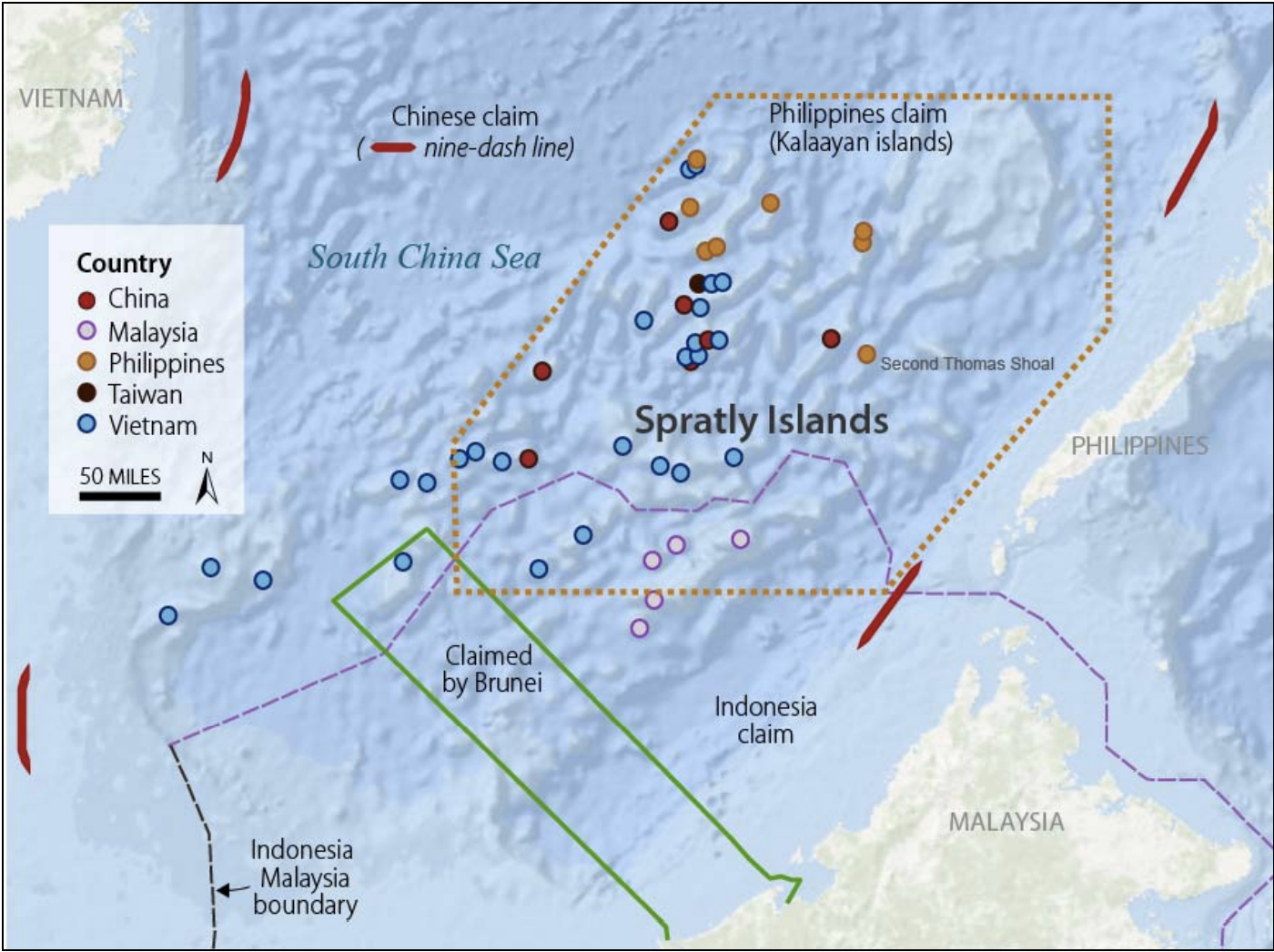China is pushing ahead with massive military drills near the island of Taiwan, flying drones close to the coast of Japan and conducting naval operations in response to US House Speaker Nancy Pelosi’s historic visit to the region, which concluded on 3 August.
Taiwan has operated independently of the People’s Republic of China since 1945. China contests Taiwan’s political independence from China, claiming it as part of its territory.
In 1971, Taiwan lost its representation in the United Nations as many nations moved to accept the “One-China” policy, including the United States. However, the U.S still maintains unofficial diplomatic relations with Taiwan and provides the island with weapons to deter any potential Chinese invasion. Unlike mainland China, Taiwan has a functional democracy.
China has been vowing to “reunify” China for decades, however recently messaging in Chinese state-controlled media suggests that China is soon planning to take the island back by force. Chinese authorities had warned Pelosi not to visit Taiwan under the threat of military escalation.
Despite Chinese threats, Nancy Pelosi recently concluded her visit to the region, provoking a wave of angry reactions from China’s leadership.

The Chinese People's Liberation Army conducts long-range missile tests in the Taiwan Strait. Credit: Lai Qiaoquan/Xinhua
The PRC is now conducting massive military drills around the island as a show of force. Long-range rocket drills, which Taiwan accused of being inspired by North Korea’s missile tests, forced cancellations of flights in and out of Taiwan and put the Republic of China (Taiwanese) military into a state of preparedness for military action.
Taiwan’s defence ministry said that the Chinese have been conducting “provocative” actions across the median line between Taiwan and mainland china. This informal demarcated maritime border had previously been largely respected by the two authorities.
In response to the visit, Chinese authorities have placed sanctions on Pelosi and her immediate family, as well as suspending cooperation with the US on several policy areas, including climate change.
Containing Chinese 'expansionism'
Joseph Wu, Taiwan’s foreign minister, recently accused China of “expansionism” and warned that China’s territorial ambitions stretched far beyond Taiwan. “Look at their behaviour over Hong Kong, or claiming the East China Sea and the South China Sea. It is the typical expansionism of an authoritarian state.”

China is actively disputing the Spratly Islands, claiming large parts of the South China Sea with its nine-dash line claims. China has constructed artificial islands and airbases to uphold its claims. Credit: Kaidth12/ Wikimedia Commons
The United States has opposed this expansionism and its claims on foreign territory. China has established what it calls a “nine-dash line” of naval claims in the South China Sea, claiming sovereignty over the Paracel and Spratly islands and contesting maritime claims with Malaysia, Taiwan, Vietnam, Brunei, and the Philippines.
To enforce its claims, China has conducted sand dredging operations to build military installations and airbases on contested islands. Tensions in the South China Sea area were recently identified as a priority for U.S forces, which regularly conduct freedom of passage operations through the disputed waters.
Related News
- China announces "targeted military actions"
- Xi Jinping warns Biden not to 'play with fire' on Taiwan
U.S authorities expect the tensions in the region to continue, warning that China may still fire more missiles off the coast of Taiwan.
“We anticipated that China might take steps like this…We also expect that these actions will continue and that the Chinese will continue to react in the coming days,” John Kirby, a spokesperson for the US National Security Council told White House reporters on 4 August.
A U.S aircraft carrier is currently on duty in the area surrounding Taiwan, surveying the situation, before departing in a few days.

